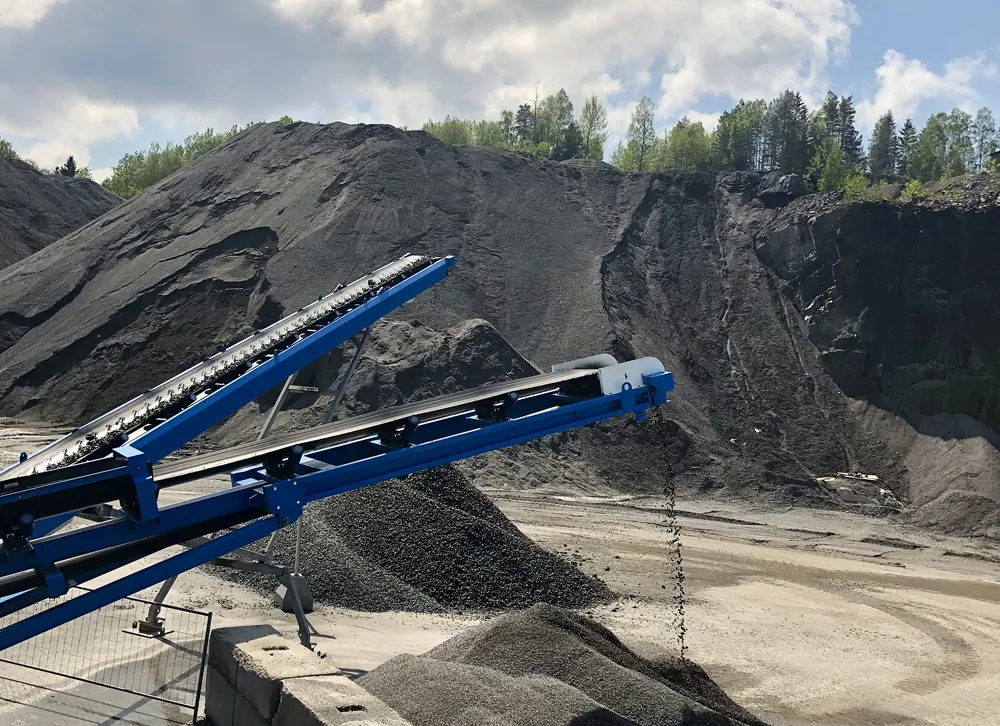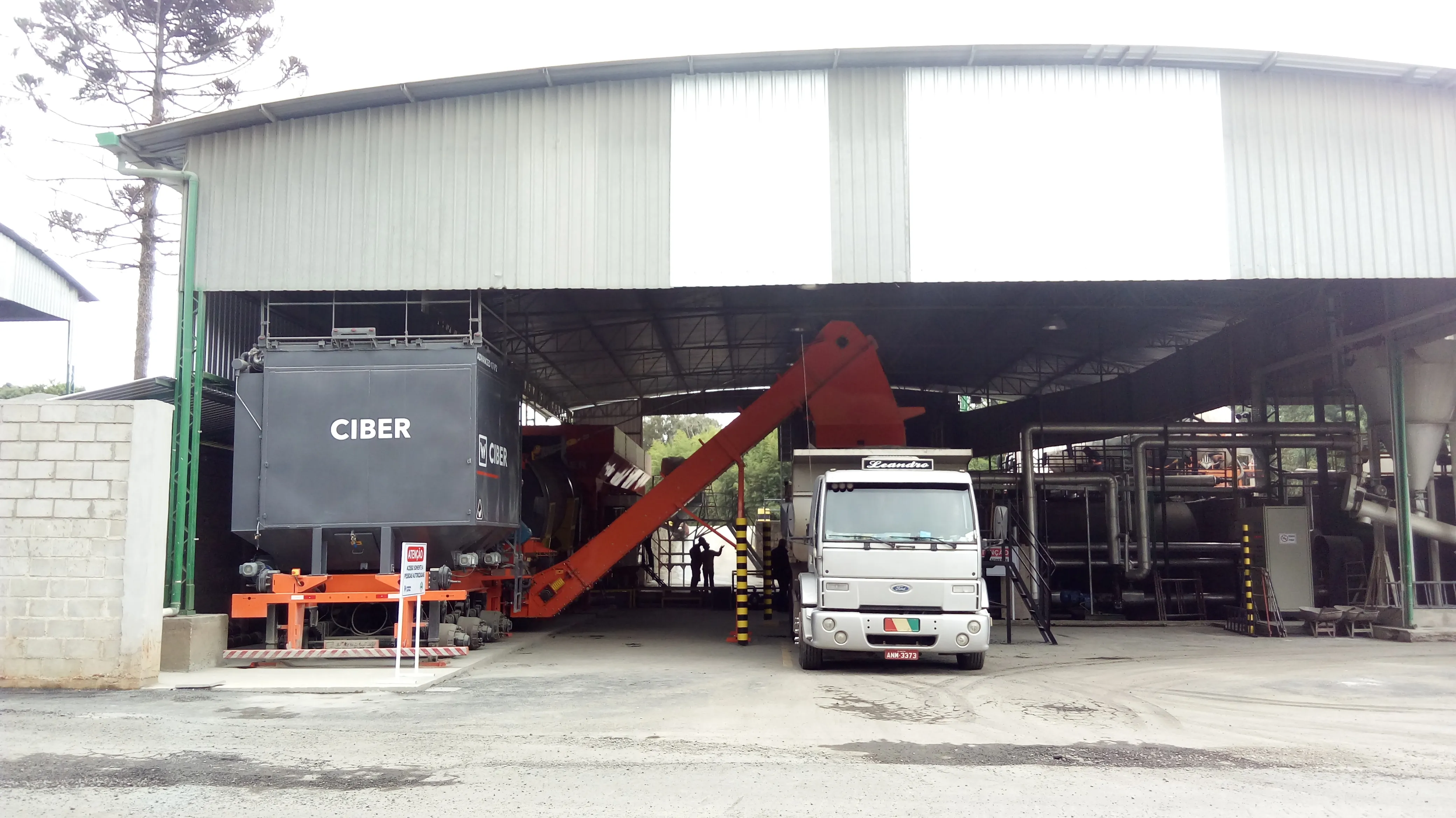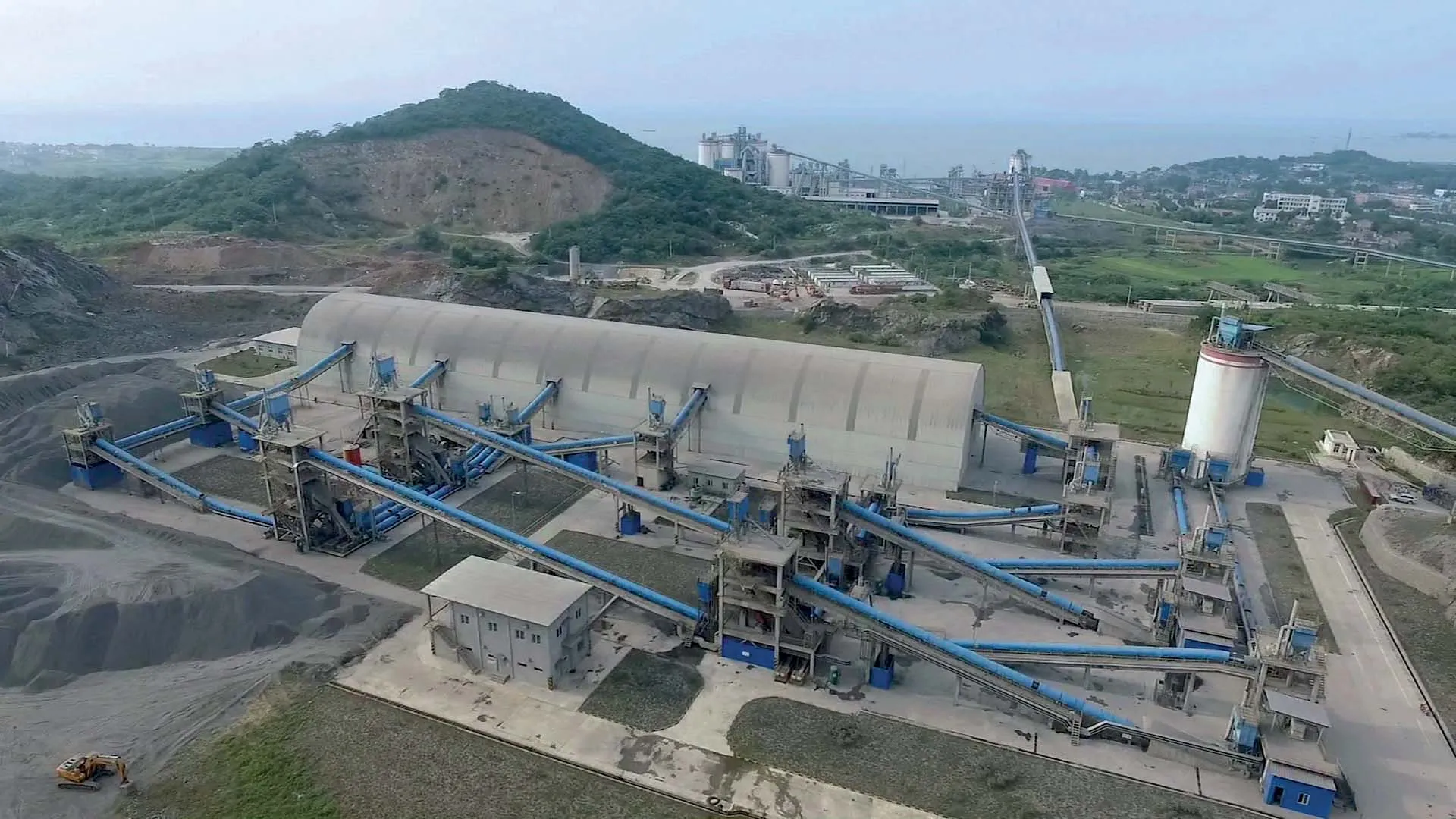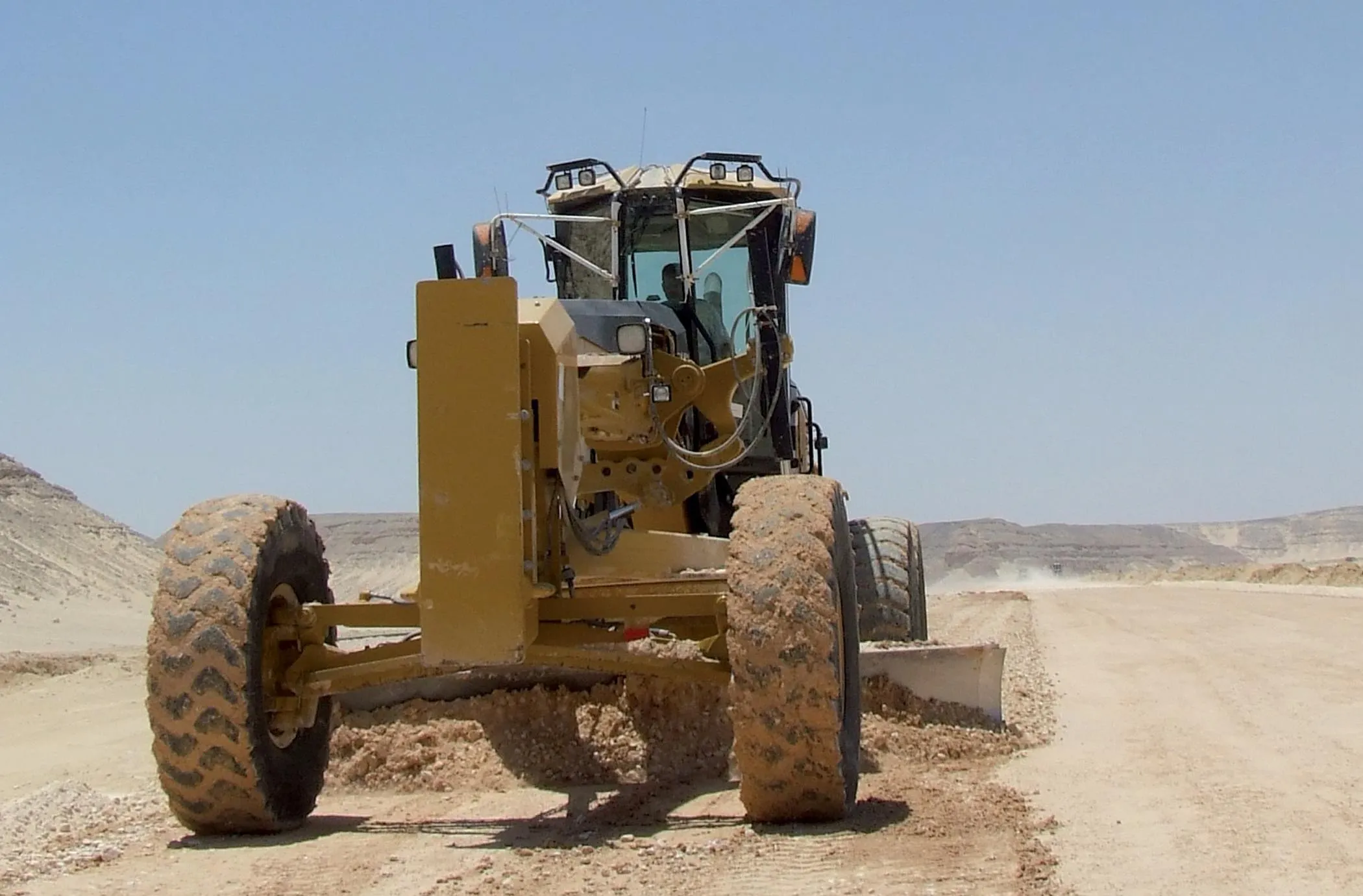
As well as its multiple sites in the east of the country, Feiring Bruk works across Norway for key clients, using mobile crushing and screening plants. Having amassed fines stockpiles at Lørenskog quarry alone, Feiring Bruk was keen to identify a solution that would allow the material to be processed and valuable product recovered.
Modularity and mobility are at the core of equipment designed by CDE and this was an important factor for Feiring Bruk as its operations rely on portability. The firm said that it had a massive amount of material it had been unable to exploit, and which previously would have been deposited. But with the new facility it can now extract washed out particles of zero size and can recover a range of new products the previous system was unable to process.
The washing plant at Feiring Bruk’s Lørenskog quarry comprises an M2500 E5X mobile washing plant with integrated hopper, feed conveyor and P3-75 Infinity Screen and EvoWash sand washing plant. For water processing there is an AquaCycle thickener with automatic dosing station, AquaStore water storage tank and a secure control station. Laboratory tests by Feiring Bruk show that the system washes out 88% of the fines. Before washing, the material contains 65kg of fines per tonne, whereas the washed product has just 8kg of fines/tonne. In fraction 0–20, they have measured 6.5% fines before washing. After washing, the fines content is reduced to 0.75%.
Using its new washing plant, Feiring Bruk is able to make use of a large proportion of the excess product. The wash plant systems are designed to recirculate up to 90% of water, helping to reduce the volume of fresh top-up water required. In addition, the Feiring Bruk plant has been placed on a sloped asphalt surface which allows water to flow into the water basin used as a reservoir.
Products extracted using the new washing plant are attracting the attention of new customers in Norway for their improved grading accuracy. The firm says that its customers want drainage gravel in fraction 8–16 to avoid fines. Now the company can supply drainage gravel in fraction 4–16 that has been washed and is free of fines. The uses for the washed material include asphalt and concrete production and paving stones.









